THERAPY FOR CHILDREN
Childhood is a time of curiosity, exploration, and growth, but it can also be an emotional and challenging period. Children face academic pressure, bullying, family conflicts, trauma, social isolation, and technology overuse. Therapy for children has proven to be a powerful tool in addressing emotional, behavioral, and developmental issues.
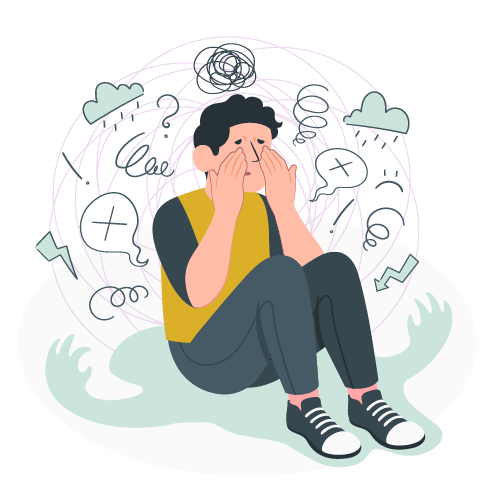
Emotional Regulation and Expression Skills
Children often lack the verbal capacity to articulate their emotions, making it challenging for them to cope, especially during difficult times. Emotion regulation skills are crucial as they empower children to learn how to identify and manage their emotions effectively. Therapy provides a confidential, non-judgmental, and safe space for children to share their thoughts, feelings, and experiences. It teaches them to regulate their emotions by identifying, exploring, and expressing their feelings while learning that they have control over the way they choose to express those emotions. Moreover, emotion regulation promotes mental well-being, stronger self-esteem, and reduces the risk of developing anxiety, depression, or behavioral issues.
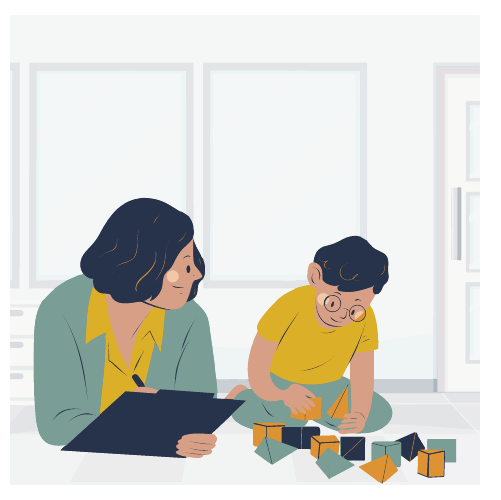
Tailor Approaches for Individual Needs
One of the strengths of therapy for children lies in its adaptability to meet the unique needs of each child. Therapists employ a variety of therapeutic modalities, including play, drawing, role-playing, and games, to introduce strategies. Several evidence-based treatments, such as Cognitive-Behavioral Therapy, Exposure Response Prevention, or Acceptance and Commitment Therapy, offer a lot of flexibility in their implementation to better help children learn the skills they need. This diversity allows therapists to tailor their approach to the child’s personality, preferences, and specific challenges, creating a personalized and effective treatment plan. Additionally, it helps increase the child’s comfort with therapy, engagement in sessions, and motivation to use strategies during and outside of sessions.
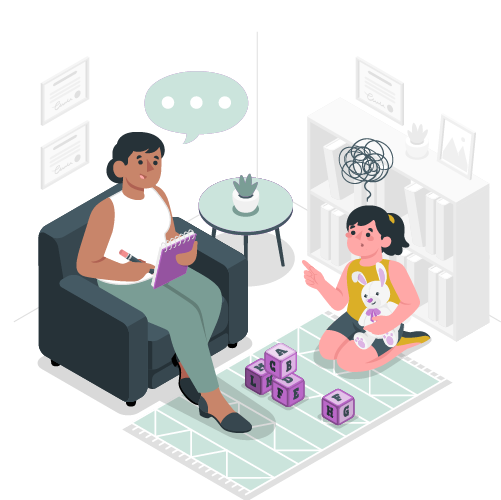
Coping Strategies and Early Intervention
In therapy, children can learn coping strategies to navigate challenges, develop problem-solving abilities, and cope with stressors effectively. Strategies such as cognitive restructuring, deep breathing, and mindfulness help children learn healthier ways to manage difficult emotions and situations. Therapy also provides an early intervention platform to identify and address behavioral and emotional concerns impacting a child’s home, school, or social functioning when they arise. Behavioral and emotional issues in childhood, if left unaddressed, can escalate and impact a child’s emotional development and functioning in every aspect of their life. It also lays the foundation for a more resilient and adaptive mindset as they grow.
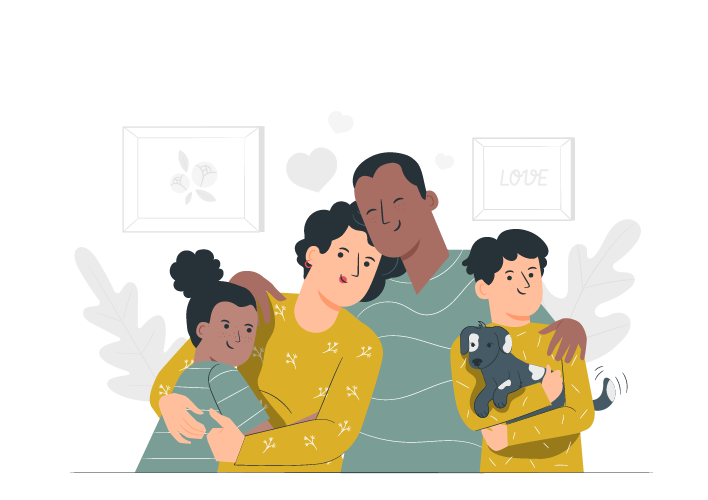
Improve Relationships
Therapy can help your child learn skills to enhance their relationships with others. By improving communication skills, empathy, and emotional regulation, children can form healthier, more meaningful connections with caregivers, siblings, peers, and teachers. It is particularly important for children to form strong and secure relationships with their family, as they have a significant influence on their emotional well-being. Therapy for children often involves family sessions, allowing parents and caregivers to actively participate in the therapeutic process. This collaborative approach helps foster healthier parent-child relationships, improve communication, and create a more supportive home environment. It also allows parents to learn the strategies taught during sessions so that they can reinforce them at home.
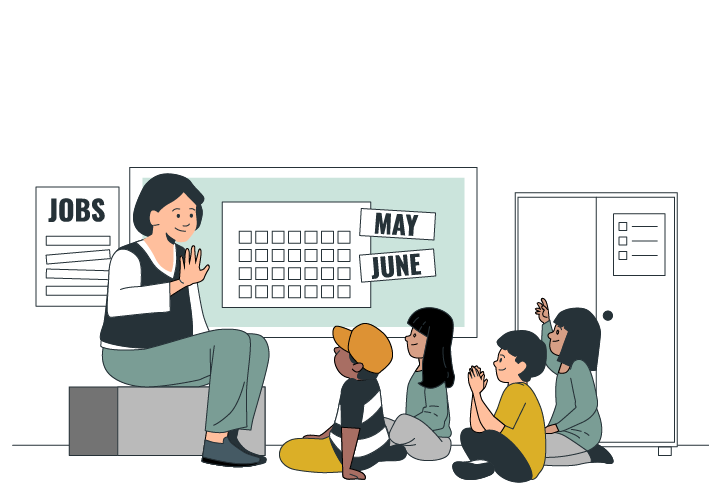
Enhance Academic Performance
Emotional and behavioral challenges can significantly impact a child’s academic performance and overall success in school. Children with emotional challenges tend to struggle more with concentration, motivation, behaviors, and peer relationships. Therapy can address underlying issues that may be hindering a child’s ability to learn and thrive in an educational setting. By improving emotional regulation, self-esteem, and motivation, therapy can help children reach their full academic potential. This is especially true if your child is working with a therapist who is willing to collaborate with your child’s school team and use a collaborative approach. This will ensure that the strategies taught in sessions are also reinforced and praised in the classroom.
Take Away
Therapy offers a range of benefits for children, including emotional support, coping skills, behavior management, trauma recovery, improved relationships, academic success, self-esteem, healthy development, prevention of future issues, and a safe environment for expression. The effectiveness of child therapy lies in its ability to address individual needs and use effective strategies with skilled therapists. As we recognize the importance of mental health in shaping a child’s future, addressing your child’s emotional and behavioral challenges early on can significantly improve their overall well-being and set them on a path toward a fulfilling and successful future.
If you believe you could benefit from therapy, consider reaching out to Bain Health and Wellness Center (BainHWC). We have therapists trained in evidence-based treatments who can help. BainHWC offers both in-person and virtual therapy options for adults dealing with anxiety, depression, ADHD, autism, trauma, OCD, and more. Contact us today to schedule a free 20-minute consultation. We’re eager to discuss your needs and support you.


